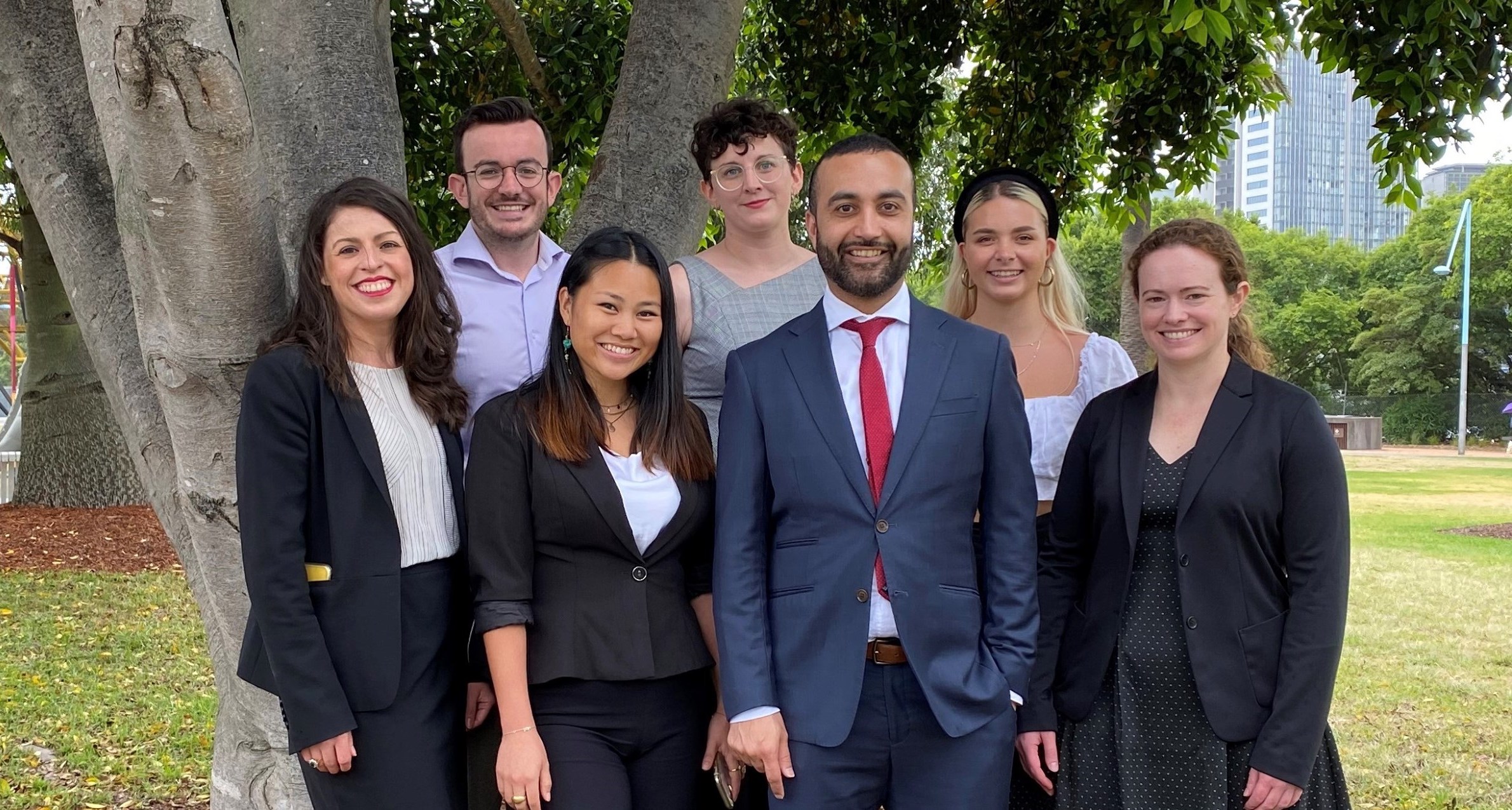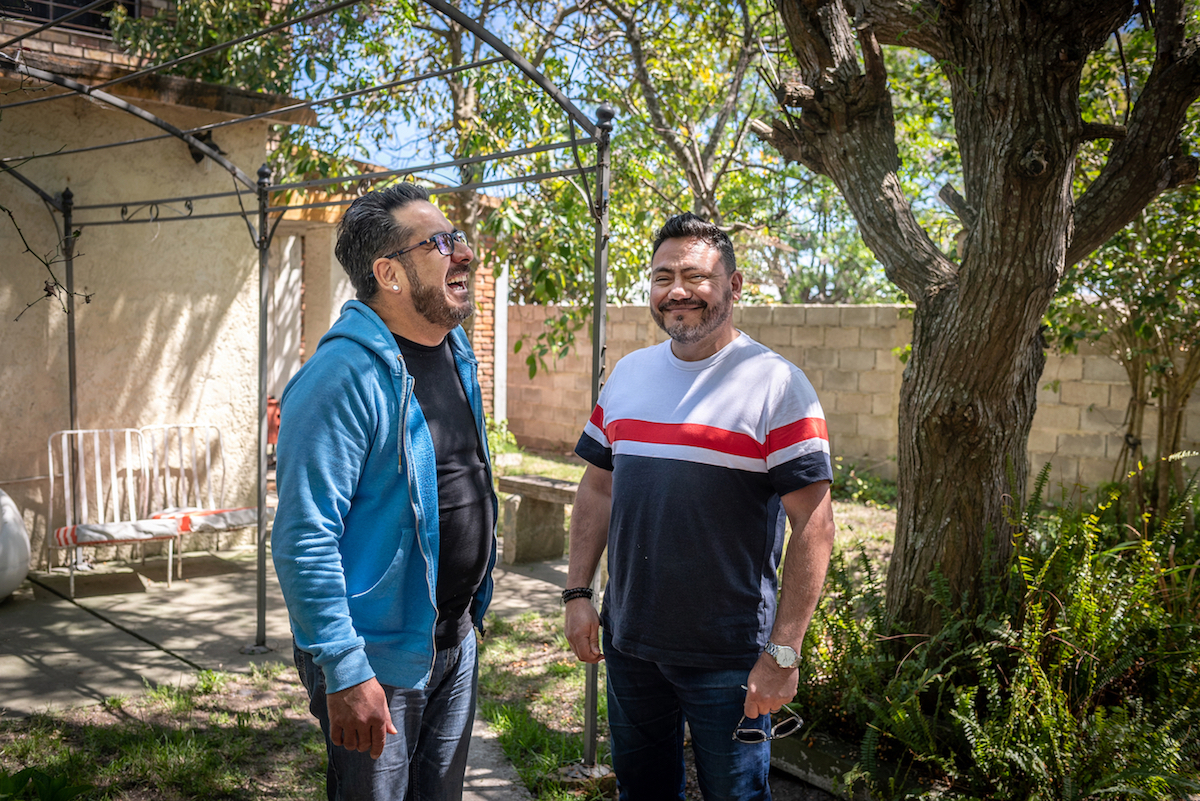Ending the criminalisation of HIV transmission in Australia
The criminalisation of HIV transmission in all Australian jurisdictions is a barrier to removing the stigma attached to the condition and to pursuing public health goals. Criminalisation of HIV transmission disproportionately affects certain groups of people living with HIV including women, and culturally and linguistically diverse communities. It also deters people from testing and from receiving treatment - both of which are vital to improving health outcomes and decreasing the risk of further transmission.
Over the past 30 years, HIV-specific criminal laws have been removed from every Australian jurisdiction, with Victoria repealing its last HIV-specific law in 2015. Jurisdictions now pursue matters of HIV transmission as assault-based offences which can occur intentionally, recklessly, negligently, or on an unlawful basis leading to ‘grievous bodily harm’ or ‘serious injury’.[1] Scientific and medical developments in HIV care and prevention continue to reshape how the medical community treat HIV and prevent transmission, including pre-exposure prophylaxis (PrEP) and treatment as prevention (TasP). These medical developments and other improvements in HIV treatment and care need to be recognised in criminal prosecutions by acknowledging that today, HIV is a manageable health condition and people living with HIV on treatment with an undetectable viral load have no risk of transmitting HIV.
Challenging stigma in public health legislation and insurance
Outside specific criminal legislation, public health legislation also continues to stigmatise HIV. While each jurisdiction generally requires people living with HIV to take ‘reasonable precautions’ against transmitting HIV, certain jurisdictions carry a penalty for non-compliance, including New South Wales. HALC continues to advocate for the replacement of penalties under the Public Health Act 2010 (NSW)[2] with a statement of principles, which acknowledges mutual responsibility of all persons to avoid transmitting or contracting sexually transmitted infections. HALC believes that the responsibility to reduce the risk of transmission lies with both people who have an infectious disease and those at risk of contracting an infectious disease. This is not currently reflected within the Act.
Strategic litigation also has the power to push law and policy reform agendas. Through legal challenges, we’ve achieved significant change in two long-standing discriminatory policies: the reconstruction of HIV positive bodies after autopsy; and prohibitions on health care workers living with HIV performing certain duties. HALC continues our strategic litigation work to challenge areas of law that are exempt under the Disability Discrimination Act 1992 (Cth), including migration, insurance, and employment in the defence force.[3]
Special provisions under the Disability Discrimination Act also allow some service providers to discriminate lawfully.[4] Insurers can discriminate against people living with HIV and other health conditions where the discrimination is based upon actuarial or statistical data on which it is reasonable for them to rely. We pursue strategic litigation to challenge the data insurers rely upon, as HIV treatment continues to develop and improve the health outcomes for people living with HIV.
Removing barriers faced by migrants living with HIV
There are very limited visa options available for people living with HIV and people with other health conditions, as the Migration Act 1958 (Cth) is exempt under the Disability Discrimination Act 1992 (Cth). As a result, people living with HIV are often found to fail the health criteria when applying for a visa, and there are limited visa subclasses with provision for what is known as a ‘health waiver’. The health waiver process requires people living with HIV and other health conditions to justify their worth to the Australian Community, beyond what is required of other migrants. HALC continues to challenge this discriminatory legislation and the policies of the Department of Home Affairs.
Our work in this area includes challenging the costings received from the Medical Officer of the Commonwealth to ensure department policies are in line with current medical developments . HALC is also actively advocating for more visa subclasses to have provision for a health waiver, and alternatively, for the removal of the health criteria (except for conditions considered to be a threat to public health, which HIV is not).

Our vision for justice
While many protections are in place for people living with HIV and other health conditions, discriminatory policies and legislation remain in force. These impact the social and physical wellbeing of people living with HIV and at-risk populations, as well as their ability to access testing and treatment. At HALC, we work to break down these barriers to provide equal opportunities to people living with HIV through an enabling legal environment.
Footnotes
[1] See Zabouroni v The Queen (2016) 256 CLR 482, Aubrey v The Queen (2017) 260 CLR 305 and Neal v The Queen (2011) 32 VR 454 as some examples.
[2] s79.
[3] X v Commonwealth [1999] HCA 63
[4] Disability Discrimination Act 1992 (Cth) s 46


